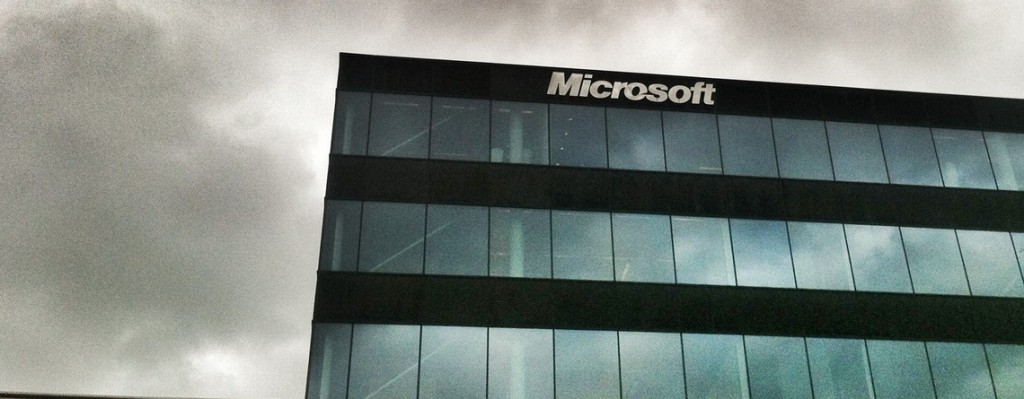UPDATE (10 oct, ’13): After speaking with several IBM’ers in the real world and in the comments below, I have learned that the story below is not business as usual at IBM. Questions have been asked and people have been approached in order to rectify the faulty process.
It goes to show, that kicking up some dust is a good way of determining a companies intend.
I will leave the story below intact, as a reminder of how not to be a social business. But, by now, IBM has proven that it has every intend of being (or becoming) a social business, in all it’s facets.
**************
When I talk about Social Business, I regularly mention (and praise) IBM for doing it right. For being at the forefront of the “movement”, for providing many a company with SocBiz solutions and actually being a Social Business.
I’m going to stop talking about IBM. I don’t believe they are as social as they think they are.
 Let me explain:
Let me explain:
My wife and I make decisions which usually result in dramatic course changes. We do this because we like a change of scenery or because we want a change in career.., or whatever. We just leap.
One of the leaps is me finding my way into Social Business on my own, switching my ‘career’ into a higher gear and into a field which I’m passionate about.
There are many ways to earn a buck or two, and I’m not one to dismiss an opportunity. Reading about IBM and its views on, and practices of Social Business, made me keep an my eye on them (it would be a very cool company to work for).
At Bat
The first chance was the best vacancy I ever saw: Senior Social Business Consultant.., yup, that would be me. So, I applied, I even had a recently met on-line friend endorse me. My friend also confirmed that they received my E-book: “Why? Social Business“.
But, I never heard anything from IBM. I figured holidays and the like must get in the way. So I waited a bit.
First Strike
After not even receiving a confirmation I decided to call them, as a follow up on the application. All the way to London. A very friendly (they’re always friendly) person told me that if I applied for a vacancy (which I did), I’d be contacted.., maybe. I could not get anybody else on the phone.
Second Strike
Making a phone call is always a good idea. Getting a personal connection going is one of the better strategies. So, I called again, this in Belgium (closer to home and where the original vacancy was found).
After dealing with a menu, I talked to a person who could not help me with the application, that’s recruitment and no, I could not speak to them. But, I could send an email and she’d make sure, if it was a good email, that recruitment would get it.
By now I read that IBM and Dachis were teaming up to provide more and better social business services. I figured that they would need all the help they could get.
Third Strike
Not a peep after this email, not even a single automated “we’ve received your email” notification.., nothing. So, I called again.
This time the message was that, although they’re sorry, but the email could not be found. Say what? This is IBM, one of the biggest software companies in the world, and they loose email. Nobody looses emails any more.., not since 2009. Not ever, I still have every single email send and received since 2005, not one is “lost”.
Plus, this person said that it’s no use sending emails with an open application, because, you know, that’s like, just weird. Why would I want to offer my services to IBM?
No, you apply to a vacancy but, you only get a response (any response apparently) when they deem you worthy of an interview.
And I don’t know the status of the vacancy because a) it’s no longer on-line and b) nobody will tell me anything and I don’t get past their call centre.
And Your Out!
I don’t know IBM, I never worked for them, but everything I read is positive (I can’t imagine people are getting paid to write positive things about IBM), and the few people whom I know work for IBM are positive too.
It could be just me, but, if my interactions with the company stand for anything, than it’s quite the opposite of “social”. Maybe they can sell it really, really well to their customers and partners, but I’m not buying it.
Really, if you have nearly 3000 open vacancies (world wide) and your business is Social Business, which is, or will be, the hottest thing on the planet the coming decade.., then you want all the help you can get. Then you want to receive emails, phone calls, tweets or homing pigeons from people who have something genuine to offer you.
At the very, very least.., acknowledge an email (don’t “loose” it).


